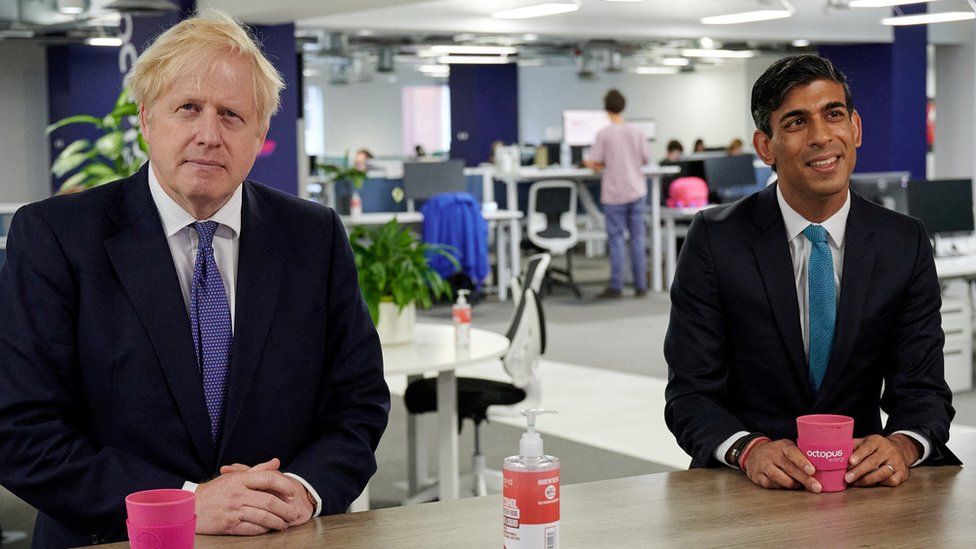According to a global study, the percentage of people who are very interested in the news has decreased by about 25% over the past six years.
48 percent of people worldwide are very or extremely interested in the news, down from 63 percent in 2017, according to a study by Oxford University's Reuters Institute.
At 43% in the UK, the proportion is lower than the average worldwide.
Worldwide, 36% of respondents say they occasionally or regularly actively avoid the news.
According to the report's authors, there is evidence that viewers "continue to avoid important stories like the conflict in Ukraine and the cost-of-living crisis as they limit depressing news and seek to protect their mental health.".
The Digital News Report 2023 also came to the conclusion that while online users are accessing news less frequently than in the past and are also losing interest, traditional news sources like TV and print media are still on the decline.
Despite a two-point decline from the previous year, 40% of people say they trust most news most of the time.
The BBC, Channel 4, and ITV were the three news organizations in the UK that were the most dependable.
The study also found that more than half (56%) of those surveyed are concerned about determining what news is real and fake online, an increase of two percentage points.
Facebook continues to be the most significant social media platform for news, despite being in long-term decline—over the past seven years, the percentage of people who access it weekly for news has decreased from 42% to 28%.
News on Facebook has also been downgraded. Nowadays, traditional news stories only make up less than 3% of its news feed, according to the website. For some organizations that depended on its traffic, the algorithm's modifications in recent years have been disastrous.
The percentage of 18 to 24-year-olds in the UK who say social media is their primary news source has increased from 18 percent in 2015 to 41% (and to 43% globally).
Instagram and TikTok usage have both increased. 14 percent of people now use Instagram as a news source, while 6 percent use TikTok.

But for young users, the numbers are much higher. Twenty percent of people between the ages of 18 and 24 get news from TikTok, up from fifteen percent the year before. The platform, according to the report, "is the fastest growing social network in our survey.".
It may not, however, be news from established news organizations. Users of TikTok are more likely to find news on the platform from celebrities, influencers, or regular creators than from journalists or traditional news sources.
Younger generations are increasingly avoiding direct discovery for all but the most alluring brands, according to Rasmus Neilsen, director of the Reuters Institute.
They are less interested in the majority of traditional news offerings that cater to the habits, interests, and values of older generations and instead favor the more persona-based, participatory, and personalized options provided by social media, frequently looking beyond legacy platforms to new entrants. ".

On public social media platforms, there is less liking, sharing, and commenting on news.
Only about 10% of UK residents are considered "active participants," and those who are tend to be older men with strong political opinions and more highly educated than the general population.
One justification put forth for the change is a growing perception that online discourse on social media sites like Facebook and Twitter has turned toxic.
However, just because article sharing and engagement levels have decreased doesn't mean that such sites are being abandoned.
Elon Musk's purchase of Twitter garnered media attention, but it seems that the number of weekly users has remained essentially unchanged. Reuters reported that there is no proof of a widespread migration to rival websites like Mastodon.







